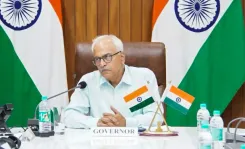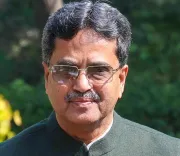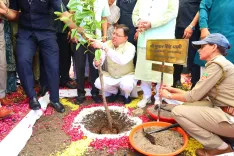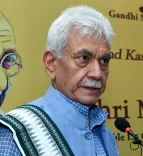Is the Jug Controversy in Chhattisgarh a Political Blame Game?
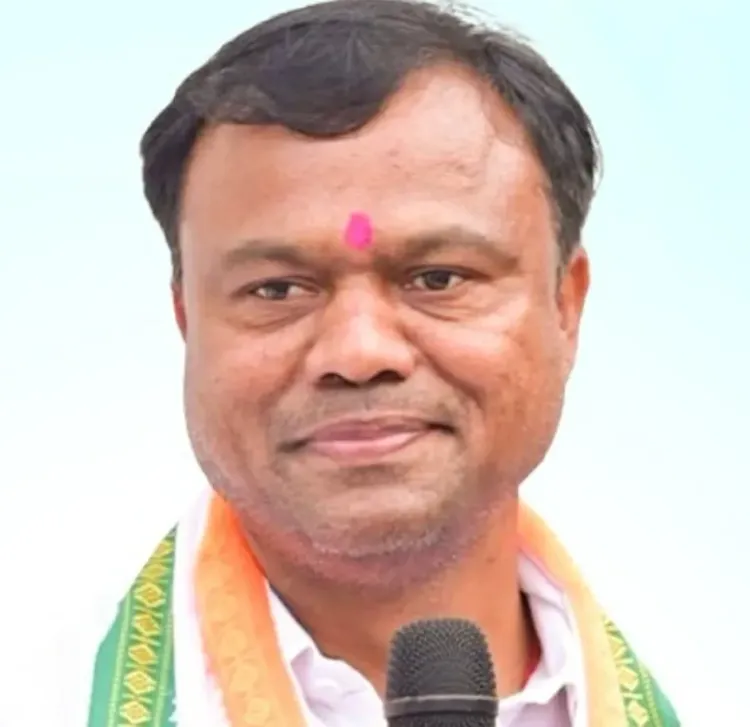
Synopsis
Key Takeaways
- Allegations of inflated procurement costs have sparked controversy.
- The Chhattisgarh government issued a clarification denying the purchase.
- The opposition has seized this opportunity to criticize the ruling party.
- This incident highlights issues of transparency in governance.
- Political tensions are high, reflecting broader concerns about accountability.
Raipur, July 16 (NationPress) As political tensions escalated, social media exploded with images and memes of the so-called golden jug, reportedly acquired for an astonishing Rs 32,000 each.
The Chhattisgarh government has not only provided a clarification but has also criticized the primary Opposition, Congress, for spreading false information and misleading the public. The Tribal Development Department of Chhattisgarh has issued a denial.
The Assistant Commissioner stated that the request for 160 jugs was made via the Government e-Marketplace (GeM) by a previous official, but was swiftly cancelled in February 2025 due to excessive pricing.
He termed the viral claims as misleading and emphasized that no such purchase had occurred. The uproar started not from a policy decision or budget line, but from a jug.
In Baloda-Bazar district, what seemed like a standard hostel purchase turned into a political battleground after allegations arose that a water jug was bought for an outrageous Rs 32,000.
This price, nearly a hundred times greater than the average market value, sent shockwaves through the state’s political environment, eliciting fierce criticism from the opposition and igniting public skepticism.
The State Congress President, Deepak Baij, quickly seized the opportunity, mocking the supposed expenditure with sharp sarcasm.
“Is this jug made of gold or capable of miracles?” he questioned, denouncing the BJP-led government for what he termed unchecked corruption.
Baij’s demands went beyond just Baloda-Bazar, calling for a comprehensive audit of purchases in hostels and ashrams across the state to unveil what he alleged were widespread procurement discrepancies.
The BJP, refusing to remain silent, launched online counterattacks, accusing Congress of intentionally fueling misinformation.
Party posts portrayed the incident as a strategic diversion aimed at tarnishing the government's reputation ahead of key political events, asserting that the public is well aware of Congress’s own dubious financial history.
Regardless of whether the jug ever left the portal, it has ignited discussions about the efficacy of oversight, the transparency of e-governance frameworks, and the broader theme of accountability that continues to influence electoral conversations in the state.

